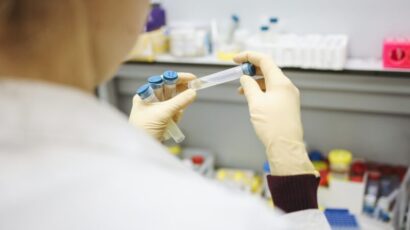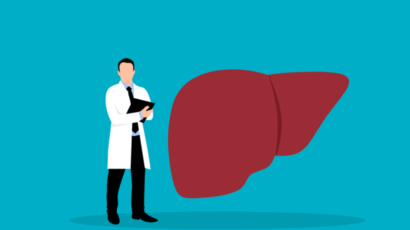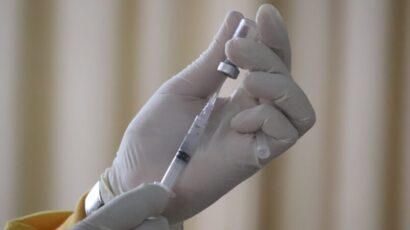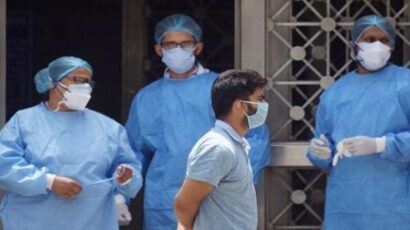Prostate : Watchful waiting suggested
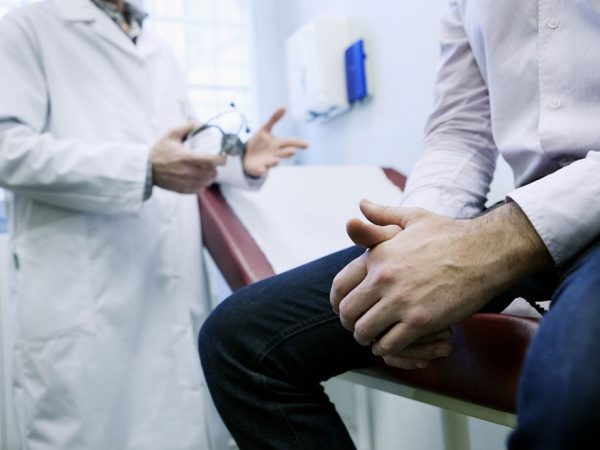
If your symptoms of an enlarged prostate gland (benign prostatic hyperplasia, or BPH for short) are mild and not particularly bothersome, your doctor will recommend a conservative approach called watchful waiting.
BPH tends to get worse over time, but it’s safe to just keep an eye on it until it becomes bothersome enough to justify further treatment. If the symptoms are getting worse, you and your doctor might then discuss further options, like starting on medication. You might consider surgery if you are beginning to have serious complications like recurrent urinary retention.
In follow-up visits, your primary care doctor or urologist will measure your symptoms, perform a physical exam (including a digital rectal exam), and run lab tests. You’ll probably visit the doctor every year or every six months, depending on your symptoms. Tests likely will include a PSA measurement, as well as a urinalysis to look for blood and any sign of infection.
According to practice guidelines by the American Urological Association, watchful waiting is the recommended treatment for men with mild symptoms.
But it’s also an option for men with more bothersome symptoms if they have not yet developed major complications of BPH such as kidney problems, urinary retention, or repeated urinary tract infections.
Lifestyle changes
Watchful waiting doesn’t mean “wait and do nothing,” however. Between visits to the doctor, you’ll be encouraged to make simple changes in behavior that can help to ease urinary symptoms whether you choose treatment or not. Your doctor will recommend careful management of what, when, and how much you drink and changes in urination behavior. Changes in your regular medications also may help.
Fluid management:
- Avoid drinking fluids in the evening.
- Minimize consumption of carbonated and caffeinated drinks.
- Reduce or eliminate alcohol.
- Drink only when you feel thirsty.
- Don’t drink more than an 8-ounce cup at a time.
- Sip beverages slowly. The faster your bladder fills, the more likely you are to feel urgency.
- Avoid drinking a lot of fluids before going out in public or starting a trip.
Behavior changes:
- Urinate when you first get the urge.
- Go to the bathroom on a timed schedule, even if you don’t feel a need to go.
- When you go to the bathroom, take the time to empty your bladder completely. This will reduce the need for subsequent trips to the toilet.
Some prescription and over-the-counter drugs, such as antihistamines and decongestants, may affect urination. You may be able to reduce the effects by changing the dosages, changing when you take them, or switching to medications that cause fewer urinary problems. Information courtesy: Harvard Medical School.





